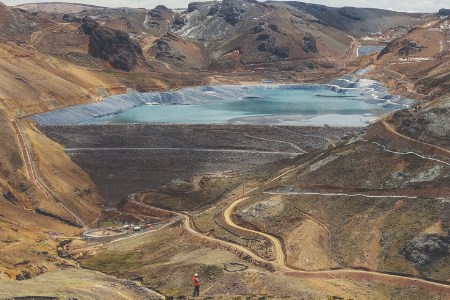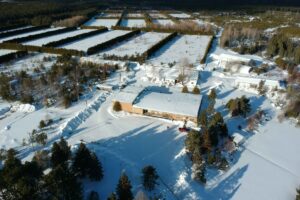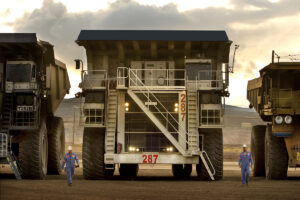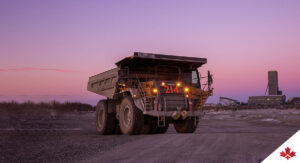Engineers of Record (EORs) oversee all aspects of a tailings storage facility (TSF) and need a varied and specialised skillset.
Adoption of the role has increased in recent years, thanks in part to the Global Industry Standard on Tailings Management (GITSM), which requires EORs on certain tailings projects. Will Owen (WO), Editor of Global Mining Review, recently sat down with Stantec’s Sam Abbaszadeh (SA), Tailings and Waste Technical Practice Lead, and Amanda Adams (AA), Principal, Mining, Minerals, and Metals, to discuss how they are guiding the next generation of tailings practitioners into EOR roles for TSFs.WOSam, you are an Engineer of Record (EOR). Why did you choose EOR as a career path?SATo be more accurate, I’d say EOR chose me. An opportunity arose where I was asked to be the deputy EOR for an inactive site in Arizona and I said yes. At the time, I didn’t really think that far ahead, and I was just curious about the opportunity to learn. The challenge sounded exciting, so I said yes to the opportunity and started getting into the EOR role.WOWhat did the learning process look like?SAIt was a long journey (about 8 years now) and involved many site visits, inspections, preparing, and presenting to Independent Technical Review Boards (ITRBs) and Tailings Stewardship Teams (TSTs). The highlight of it is how much more beyond your specific discipline (in my case, geotechnical) you have to absorb to be ready for the EOR role. You can’t just stay in your comfort zone or area of expertise and ignore the other areas. You must develop at least a basic understanding of other disciplines, such as hydrology, hydraulics, water management, water balance, material balance, geochemistry, geology, and mine operation and closure. There are a lot of other things, and you must stay curious, ask questions, and grow. I was very lucky to have the opportunity to learn from some of the best in the industry.WOHow will you modify that learning process to train your Deputy EOR?SAWith the global gap in that type of skillset and knowledge, we know we need to accelerate the process to train more EORs. Ideally, a TSF has a lead EOR and a Deputy EOR. This helps with institutional knowledge and general transfer of skills. On my first site visit it took me a while to understand the importance of the multidisciplinary knowledge. If I went back to do it again, I’d be more intentional in transitioning from a geotechnical engineer to someone with a basic understanding of all the aspects of the TSF. That would be my main focus when it comes to training a Deputy: to emphasise the importance of multidisciplinary knowledge that is required for this role.Enjoyed what you’ve read so far? Read the full article and the rest of the January/February Issue of Global Mining Review by registering today for free!
Read the article online at:
This article was published by:
Visit the original article here



